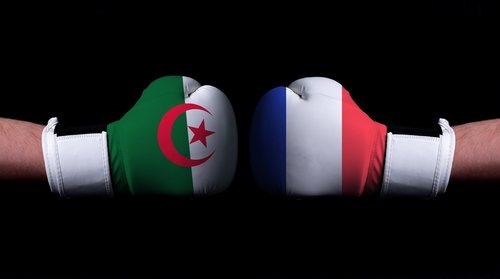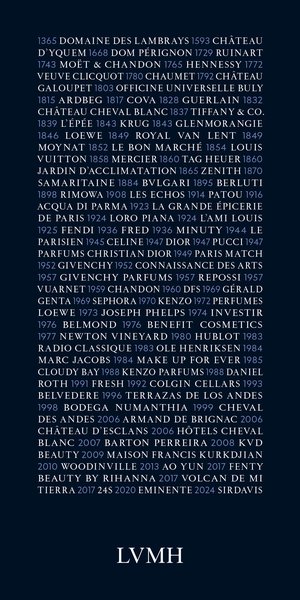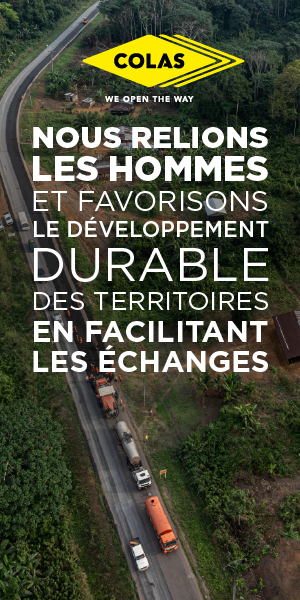
Denis Bachelot - As Senior Officer for Technological and Industrial Cooperation between France and Algeria from 2013 to 2019, you have carried out over fifty projects in partnership with companies, universities and research centers. Your perspective is both that of an analyst and of a participant in Franco-Algerian economic life. In your opinion, do the recent waves of reciprocal expulsions of French and Algerian diplomats mark an uncontrollable slide in the conflict between the two countries?
Jean-Louis Levet - Political tensions between France and Algeria have not been this high since 1962. Relations have worsened since the French President recognized Morocco's sovereignty over the Western Sahara on 30 July 2024. This marked a break with France's traditional position, until then aligned with that of the UN, namely that the region is a territory whose status is undefined.
The list of contentious issues is getting longer. It includes the incarceration in November 2024 of the 80-year-old Algerian writer Boualem Sansal (who was naturalized French in June 2024), a cancer sufferer, who was sentenced last March to five years' imprisonment on charges of nothing less than attacking state security; the statement by Prime Minister François Bayrou threatening to denounce the 1968 agreement granting Algerians living in France special status in terms of movement, residence and employment unless the Algerian authorities agree to take back their undocumented nationals; the arrests in France of propagandists (I prefer this term to “influencers") advocating violence on social networks; the expulsion of French officials, which is still going on after the initial expulsion of some fifteen members of the French embassy; and Algeria's decision to suspend its imports of soft wheat and young cattle from France.
These tensions affect not just economic relations between the two countries, but also the lives of a large number of citizens, and businesses on both sides of the Mediterranean. For example, many Algerians living in France are concerned about renewing their residence permits, while some Franco-Algerians fear that they will not be able to obtain a visa to return to Algeria.
D. B. – How would you analyze the views expressed by French politicians during the crisis?
J.-L. L. - What the authorities in both countries have in common is that they deliberately confuse foreign and domestic politics. On the French side, the political leaders are bogged down in short-term messaging, and apparently incapable of taking actions aimed at the long term, nor of understanding that a partnership with Algeria is in both countries’ mutual interest.
The interior minister Bruno Retailleau complains that France "has not established a meaningful power dynamic with Algeria"; Laurent Wauquiez, the President of the Rhône-Alpes region, wants to send the "dangerous foreigners" who have been ordered to leave French territory (OQTF) to Saint Pierre and Miquelon; the former Prime Minister Édouard Philippe insists on the need to "put an end" to the 1968 agreement between the two countries, but fails to provide any guidelines for a future relationship. As for the president of the Rassemblement National, …
This website is freely accessible. To continue reading, you need to register an account.
I already have an account
I create my account
This will be your personal account where you could consult anytime :
- Order history
- Links to purchased magazines, articles, or interviews
- Personal informations













